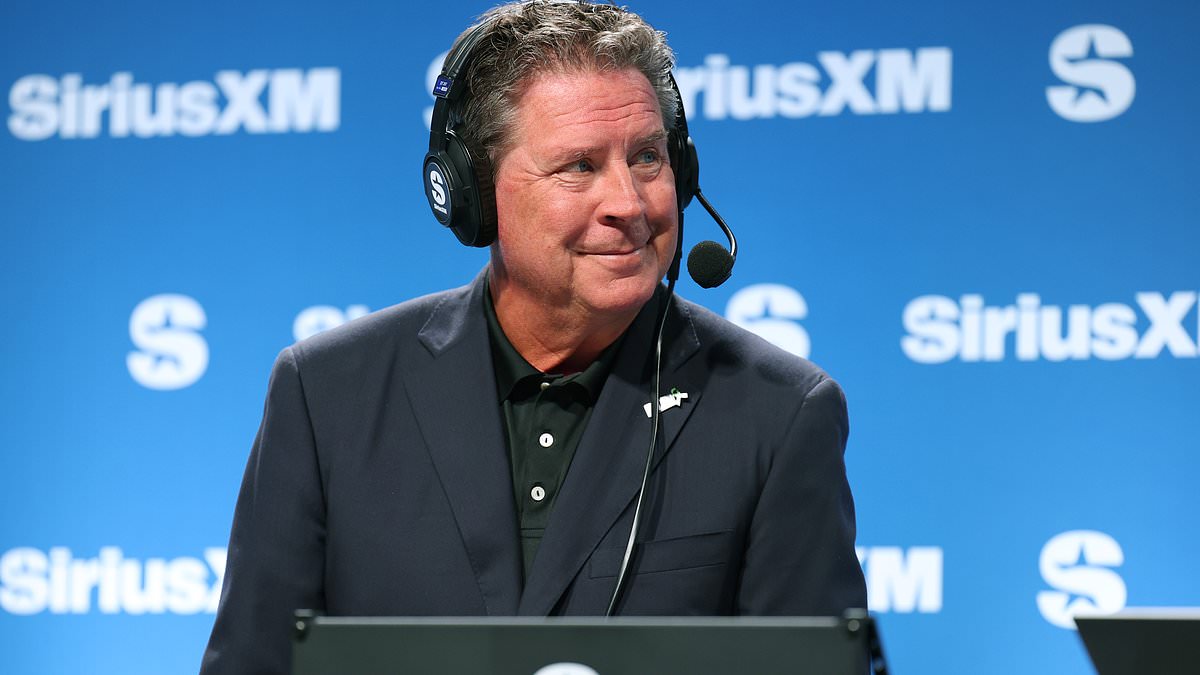By Oliver Lewis
Copyright scotsman

This new tool, created Explore Worldwide, asks users to input their age, job situation and stress levels – before crunching the numbers to suggest the ideal time to take the leap.
It also recommends a part of the world to venture to based on your answers.
The tool follows a poll of 2,000 workers, which found almost 29 per cent are actively considering taking extended time out from the daily grind, and the majority have their heart set on a break lasting one to three months.
More than a third (37 per cent) think their boss would be open to the idea of extended leave, while 64 per cent believe it should be a standard workplace benefit.
One in three (32 per cent) want time beyond their usual holiday allowance to avoid burning out, and four in 10 would love to take a ‘micro-retirement’ to focus on their mental health.
While 48 per cent would use the time to travel more, and 41 per cent want to spend extra time with their families.
Michael Edwards, managing director at the adventure travel specialist, said: “People are no longer reserving their big travel experiences for early adulthood gap years, or retirement as has always been tradition.
“In our youth, finances often hold us back from travelling how or where we’d like, while later in life it can simply feel too late.
“With the state retirement age on the rise, more and more people are looking to ‘micro-dose’ that traditional big retirement trip, choosing to take chunks of time out from work to tick off bucket list experiences now rather than waiting.
“Midlife is a time of change and increased pressure for many – whether you have children growing more independent or flying the nest, aging parents, work stress or potentially a long-term relationship breakdown.
“We’re living longer and working for longer than ever, so sometimes we just need a complete break to totally reassess or simply recharge.
“Additionally, there’s been a sense of Carpe Diem since 2020 – a recognition that we don’t always know what lies ahead.
“It’s no wonder fewer people are willing to wait until their 70s, when health and activity levels may be declining, to take that dream trip!”
The study also found 26 per cent have already taken a sabbatical – rising to 54 per cent of Gen Z employees, compared with just eight per cent of Boomers.
When they did step away, 51 per cent travelled and explored new places, 38 per cent prioritised time in nature, and 28 per cent studied for new qualifications.
But 38 per cent admitted they simply needed a breather to prevent burnout.
Of those who travelled, nearly two-thirds (62 per cent) explored Europe, while 23 per cent ventured to Australia.
Others ticked off North America (17 per cent), Asia (16 per cent) and South America (13 per cent) – with 37 per cent having experiences you just can’t get on a normal holiday.
After their break, 84 per cent felt positive about returning to work, 96 per cent had a renewed sense of purpose, and half came back brimming with fresh ideas.
Carried out via OnePoll.com on behalf of Explore Worldwide [https://www.explore.co.uk/], the survey also revealed the biggest barriers to a micro-retirement, with money holding back 49 per cent.
A quarter (26 per cent) don’t think their employer would be supportive, and 22 per cent said family or home responsibilities make it impossible.
Michael Edwards added: “Micro-retirement is about resetting and rediscovering.
“When you step away from the daily grind and immerse yourself in new places, you gain clarity, energy and perspective that no office routine can provide.
“Our survey highlights a growing appetite for having these moments along the way in life and not waiting for our later years.”



